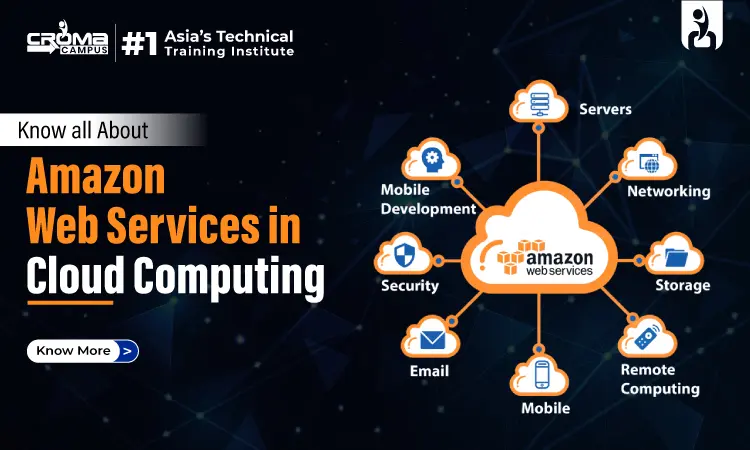
What Is a Cloud Management Platform?
A cloud management platform (CMP) is a suite of tools designed to help businesses manage their cloud infrastructure and services. It provides features for:
- Resource Management: Provisioning, monitoring, and de-provisioning cloud resources.
- Cost Optimization: Tracking usage and expenses to prevent overspending.
- Security and Compliance: Ensuring the cloud environment meets regulatory standards and security protocols.
- Automation: Automating repetitive tasks, such as scaling infrastructure or deploying applications.
Top Cloud Management Platforms for 2025
The cloud management platform market is booming in 2025, with various players offering different features. Below, we’ll review some of the top CMPs and compare their key features.
1. VMware vRealize Suite
Overview: VMware vRealize Suite is a comprehensive cloud management platform that integrates with both public and private cloud environments. It offers automation, cost optimization, and operational insights.
Key Features:
- Multi-cloud management capabilities
- Automated provisioning and orchestration
- Cost monitoring and budgeting tools
- Real-time performance monitoring
Best For: Large enterprises and hybrid cloud environments.
2. Microsoft Azure Arc
Overview: Azure Arc is a cloud management platform from Microsoft that allows businesses to manage multi-cloud and on-premise resources from a single interface.
Key Features:
- Unified management for hybrid cloud environments
- Integration with Azure services
- Security and compliance management
- Flexible scalability
Best For: Organizations already using Azure and those seeking integration across hybrid environments.
3. CloudBolt
Overview: CloudBolt is a cloud management platform designed to help businesses optimize and manage their multi-cloud infrastructure. It’s known for its ease of use and cost optimization features.
Key Features:
- Cost management and visibility
- Multi-cloud governance
- Self-service portal for developers
- Integration with existing IT and cloud tools
Best For: Companies looking to manage both public and private cloud infrastructures.
4. Morpheus
Overview: Morpheus is an open-source cloud management platform offering a flexible and extensible solution for managing hybrid and multi-cloud environments. It provides a unified management interface for various cloud providers.
Key Features:
- Supports AWS, Azure, VMware, and more
- Cloud migration and optimization tools
- Multi-cloud orchestration
- Self-service provisioning for teams
Best For: Organizations seeking flexibility in managing complex hybrid environments.
5. RightScale (by Flexera)
Overview: RightScale, now owned by Flexera, is a cloud management platform that provides visibility into cloud costs, usage, and performance. It helps businesses optimize cloud resources and ensure cost efficiency.
Key Features:
- Cost optimization and budgeting tools
- Cloud usage forecasting and planning
- Performance monitoring across clouds
- Governance and compliance features
Best For: Businesses focused on cost optimization and performance management.
Cloud Management Platforms Comparison (2025)
| Platform | Key Features | Best For | Pricing |
|---|---|---|---|
| VMware vRealize | Multi-cloud management, automation, cost monitoring | Large enterprises, hybrid cloud environments | Contact for quote |
| Azure Arc | Unified hybrid cloud management, security, compliance | Azure-focused organizations, hybrid cloud users | Pay-as-you-go |
| CloudBolt | Cost management, multi-cloud governance, self-service portal | Multi-cloud infrastructure, cost-conscious businesses | Contact for quote |
| Morpheus | Hybrid cloud management, cloud migration, self-service provisioning | Businesses with complex hybrid environments | Contact for quote |
| RightScale | Cost optimization, usage forecasting, performance monitoring | Cost optimization, performance-focused businesses | Contact for quote |
Why Use a Cloud Management Platform?
A cloud management platform is crucial for businesses looking to streamline operations and reduce the complexities of managing multiple cloud environments. Here are some key benefits:
- Cost Control: CMPs provide tools for monitoring cloud spending and ensuring you don’t exceed your budget.
- Security: They offer enhanced security features to ensure your cloud environment complies with industry regulations.
- Automation: Automation tools reduce the manual workload and help with tasks like scaling, provisioning, and monitoring.
- Optimized Performance: CMPs provide insights into cloud performance, helping businesses identify issues and improve efficiency.
Conclusion
In 2025, cloud management platforms are more important than ever for businesses looking to optimize their cloud infrastructure, reduce costs, and ensure security. The right cloud management platform will depend on your organization’s size, cloud infrastructure, and specific needs.
Whether you're looking for a robust, enterprise-grade solution like VMware vRealize Suite or a more flexible and cost-conscious platform like CloudBolt, there’s a CMP for every organization.
With the best cloud management platforms, you can unlock the full potential of your cloud environments and ensure that your business remains competitive and agile in the ever-evolving digital landscape.






